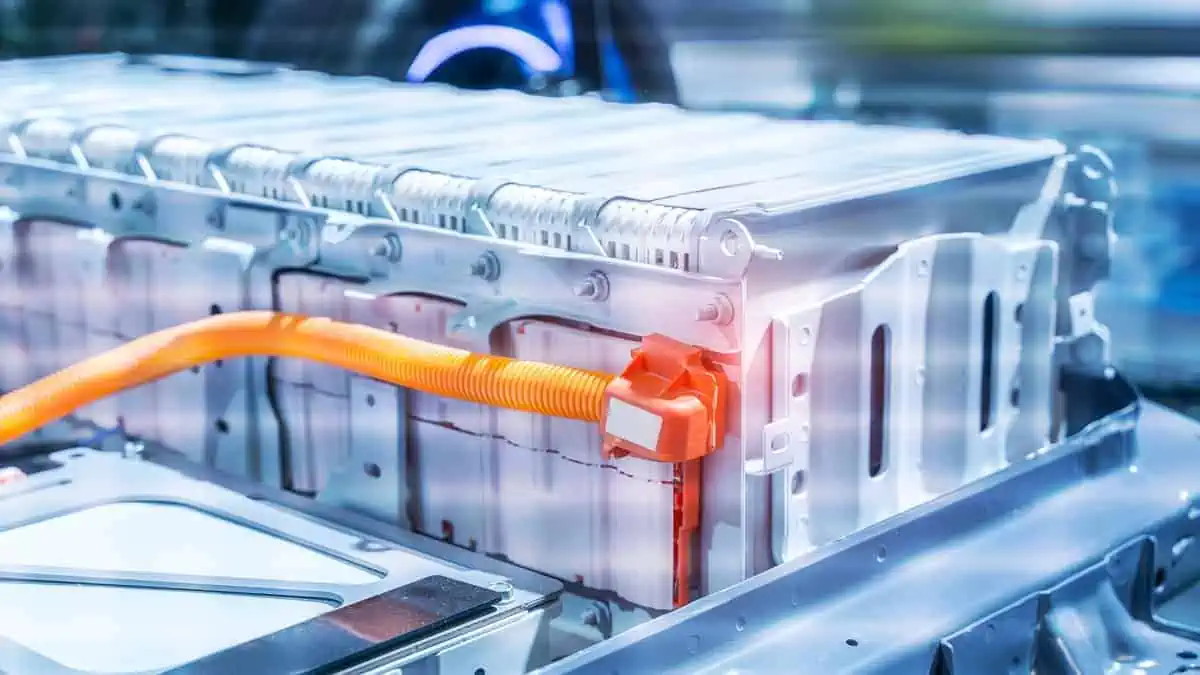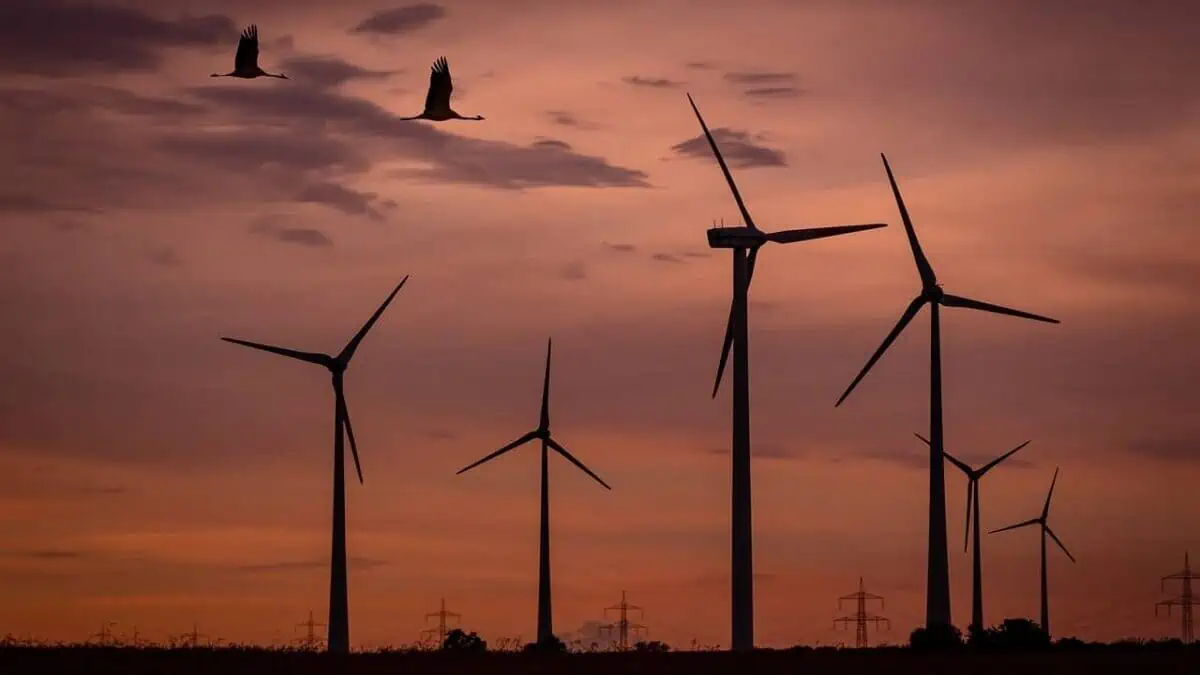South Korean legacy automaker Hyundai Motor Group is reportedly on track to complete the development of its own lithium iron phosphate (LFP) batteries in late 2024, The Korea Herald reported, citing industry sources.
Hyundai’s decision to have its own LFP battery technology is apparently part of its strategies to lower the prices of its electric vehicle offerings and cut its substantial reliance on China.
Development progress
According to InsideEVs, Hyundai continues to progress in the development of its new LFP batteries despite the major challenges.
The two-year project reportedly began just this year with the aid of other South Korean battery makers.
Now, they are set to finish the LFP battery development sometime in H2 2024. An unnamed Hyundai official hinted at the company’s partnership plans.
“We are looking into working with small battery makers as well as large companies (like LG Energy Solution, Samsung SDI and SK On) here in Korea.”
Unnamed Hyundai Official
It is also worth noting that the new LFP batteries will power Hyundai and Kia’s next-gen compact, entry-level, and medium-priced models from 2025.
Hyundai’s LFP battery tech
The report also indicated Hyundai’s objectives to increase the maximum capacity of the battery cells to more than 60 amperes. Additionally, it aims to hit an energy density of approximately 300 watts/kg.
Hyundai also aims to raise the battery’s voltage and capacity to match the levels generated by premium NCM-based batteries (nickel, manganese, and cobalt).
Moreover, it will aid Hyundai in accelerating the production of more affordable models that are now leading the sales rankings amid the waning demand for premium-priced EVs.
“With prolonged economic slowdown and high inflation, customers, who are interested in electric cars, are eyeing entry-level and less pricey EVs. Like the world’s top EV makers Tesla and BYD, if Hyundai develops more EV batteries, it can boost production and cut the overall costs.”
Lee Ho-geun, a car engineering professor at Daeduk University
LFP battery advantages
LFP batteries enable the production of cheaper electric vehicles as their components are easier to source. In addition, Torque News asserted that LFP batteries have longer life cycles of more than 10,000 in some cases – millions of miles.
It also enables higher efficiency and improved safety owing to its lack of toxic cobalt and nickel, prompting numerous electric automakers to employ them, particularly for entry-level models.
For instance, Toyota announced plans to expand its battery portfolio to include cheaper LFP batteries. American automaker Ford has also started equipping the popular Mustang Mach-E EV with LFP batteries.
All that said, the move demonstrates Hyundai’s determination to break away from Chinese battery manufacturers in its efforts to develop affordable electric vehicles. As of now, the Hyundai Kona and Kia Ray EV utilize Chinese giant CATL’s LFP batteries. In retrospect, Hyundai announced a $7.3 billion investment during the 2023 Investor Day to advance its battery development over the next decade.






